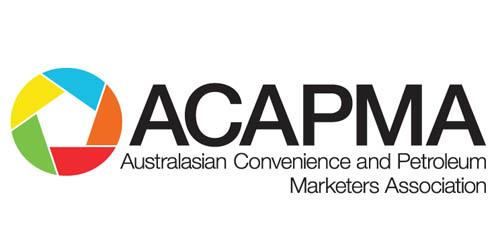 The fuel industry is often asked to explain itself when fuel prices rise – particularly when they apparently rise independently of global moves in oil prices or regional moves in terminal gate prices for finished fuel products, writes ACAPMA.
The fuel industry is often asked to explain itself when fuel prices rise – particularly when they apparently rise independently of global moves in oil prices or regional moves in terminal gate prices for finished fuel products, writes ACAPMA.
“Many appear to believe that fuel prices should move up and down uniformly in line with movements in the finished price of transport fuel delivered to Australia’s ports, forgetting that Australia’s fuel market is comprised of many separate businesses that operate independently of each other in an openly competitive market,” ACAPMA CEO Mark McKenzie said.
“Given the fiercely competitive nature of the Australian fuel market, fuel retailers are generally forced to keep their prices as keen as possible if they are to attract the customers needed to keep their doors open from month to month.
“But the long-term survival of these businesses also requires that business owners charge retail prices for their products (in this case fuels) that at least cover the costs of selling their products.”
ACAPMA says that with CPI being near historic lows at just 2.2 per cent – and wage growth also being near historic lows – it might be considered reasonable to assume that the upward pressures on the cost of fuel sold in Australia are modest at present, but such an assumption would be to ignore reports of two substantial increases in business costs that are being reported by many fuel retailers across Australia – that is, site rents and electricity prices.
“When considered relative to 2016, many fuel retail businesses are reporting an average 30 per cent to 40 per cent increase in rents levied on their site,” Mr Mckenzie said.
“It appears that the movement in land costs in many of Australia’s capital cities are now flowing through to service station sites and many fuel retail businesses are now being faced with these increases upon renewal of their leases.
“The second cost increase being reported is electricity, with smaller retail business reporting cost increases of between 80 per cent and 110 per cent on the prior year.
“Rental costs tend to be the third highest cost for a fuel retailer with electricity costs being the fourth highest, which means that these cost rises are material to the operation of a fuel retail business.
“When considered relative to CPI, average rents have increased more than 18 times higher than CPI and electricity prices between 40 times and 50 times higher than CPI.
“If these sorts of price increases had occurred within our industry there would be protests in the streets.
“More importantly, for those seeking an explanation of why average petrol prices may be higher this year than last year, all they need to do is to consider the impact of these two costs on fuel retail businesses.”
This is an edited version of an article that originally appeared on the ACAPMA website.




